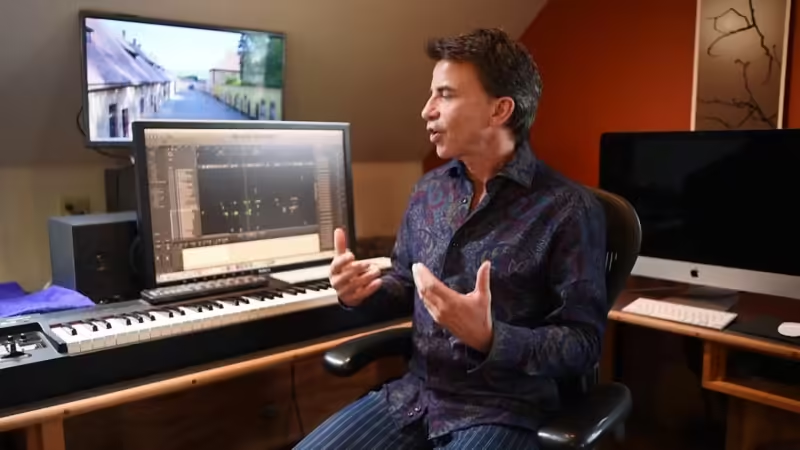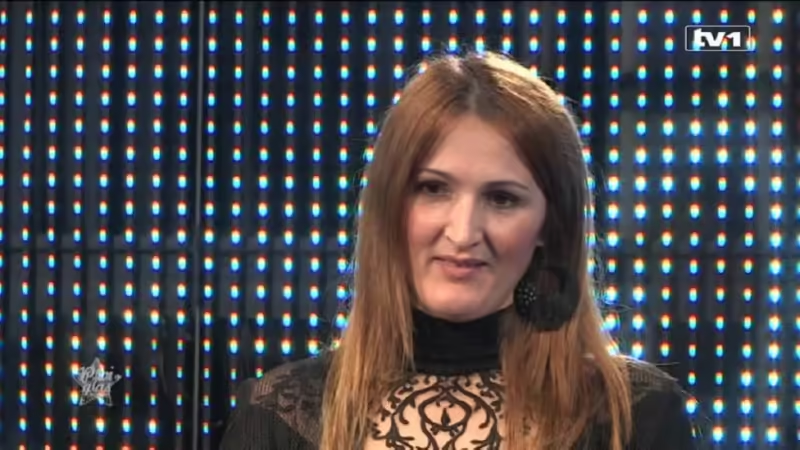Exploring Molly King’s Contributions: A Glance at Her Google Scholar Profile

Molly King is a researcher whose academic contributions span various fields, with a notable focus on the intersections of sociology, inequality, knowledge production, and scientific communication. Her profile on Google Scholar showcases a selection of impactful works, often co-authored with other notable academics, which emphasize her interest in understanding social disparities and how these influence access to information and resources. This article explores some of the primary themes in her research, as well as the implications of her findings for broader sociological and policy-making contexts.
Knowledge Inequality and Information Access
One of Molly King Google Scholar significant areas of research focuses on knowledge inequality and how access to information varies across different social and demographic groups. Her work in this area raises questions about who has access to scientific knowledge and resources and how this access (or lack thereof) impacts social and economic outcomes. King’s studies often highlight how barriers to knowledge can exacerbate existing inequalities. For example, she explores how socioeconomic factors limit some populations’ access to scientific and academic information, which in turn restricts their participation in discussions and decisions that affect their lives.
King’s research has implications for policy makers, educational institutions, and libraries, encouraging them to consider knowledge as a public good. By promoting broader access to scientific resources, she argues, institutions can foster a more equitable society in which individuals, regardless of their backgrounds, can engage with, understand, and benefit from advancements in various fields. This research area is particularly timely in an era where digital divides persist, and online platforms are increasingly becoming primary sources of information.
Gender Disparities in Knowledge and Academia
Another central theme in King’s work is the examination of gender disparities within academic and knowledge-producing fields. Her studies on this subject often analyze the underrepresentation of women in scientific publishing, both as authors and cited sources. This gender gap in academia, she argues, not only limits the diversity of perspectives within academic literature but also perpetuates stereotypes that can discourage young women from entering scientific fields. King’s publications encourage ongoing dialogue and action around promoting gender equity in academia.
In studying these disparities, King has also analyzed citation networks and co-authorship patterns to reveal subtle but impactful biases in academic publishing. Her research suggests that female academics are often less likely to be cited compared to their male counterparts, even when their work is equally rigorous and relevant. By highlighting this “citation gap,” King advocates for more inclusive citation practices that recognize diverse contributors and encourage equity in academic recognition and representation.
Scientific Communication and Public Engagement
King’s work also delves into the field of scientific communication, examining how scientists can better communicate their findings to non-expert audiences. In an age where misinformation can spread rapidly through social media and other channels, King’s research underscores the importance of clear, accessible communication in maintaining public trust in science. Her studies often focus on the strategies that scientists can use to bridge the gap between complex research and the general public’s understanding.
In addition, Molly King Google Scholar emphasizes the role of open-access publishing as a tool to democratize knowledge. By making scientific articles freely available, she argues, researchers can ensure that their findings reach a broader audience, including those outside the academic community. This approach not only increases the visibility and impact of scientific research but also aligns with her overarching goal of reducing knowledge inequality.
Environmental Sociology and Social Impacts of Climate Change
King’s interest in inequality extends into environmental sociology, particularly in understanding the social dimensions of climate change. She has explored how climate-related challenges disproportionately impact marginalized communities, such as those with fewer economic resources and limited political power. Her work advocates for a more socially inclusive approach to environmental policy, highlighting that effective climate solutions must address the unique needs and vulnerabilities of diverse populations.
King’s research in environmental sociology further underscores the need for collaborative approaches to addressing climate change. She highlights how interdisciplinary partnerships between sociologists, environmental scientists, policy makers, and community leaders can help develop strategies that are both scientifically sound and socially equitable. By drawing attention to these social dimensions, King’s work challenges traditional approaches to environmentalism that may overlook the concerns of underrepresented communities.
Future Directions and Influence
As seen in her Google Scholar profile, Molly King’s contributions to sociology have opened up new avenues for understanding and addressing the complex ways in which inequality permeates knowledge production, scientific communication, and environmental policy. Her work resonates with academics and practitioners alike, and her findings have been cited widely in studies that address issues from educational reform to climate justice. As more institutions and individuals become aware of the importance of equitable knowledge access, King’s research provides a crucial foundation for future developments in these areas.
Conclusion
In conclusion, Molly King Google Scholar exemplifies the transformative potential of sociology to address some of the most pressing issues of our time. By examining knowledge through a sociological lens, she provides insights into the subtle ways that inequality can affect information access, academic recognition, and social resilience in the face of environmental crises. Her Google Scholar profile serves as a valuable resource for anyone interested in the intersections of sociology, science, and equity, and her contributions continue to shape discussions in academic and policy-making circles alike.
![]()






